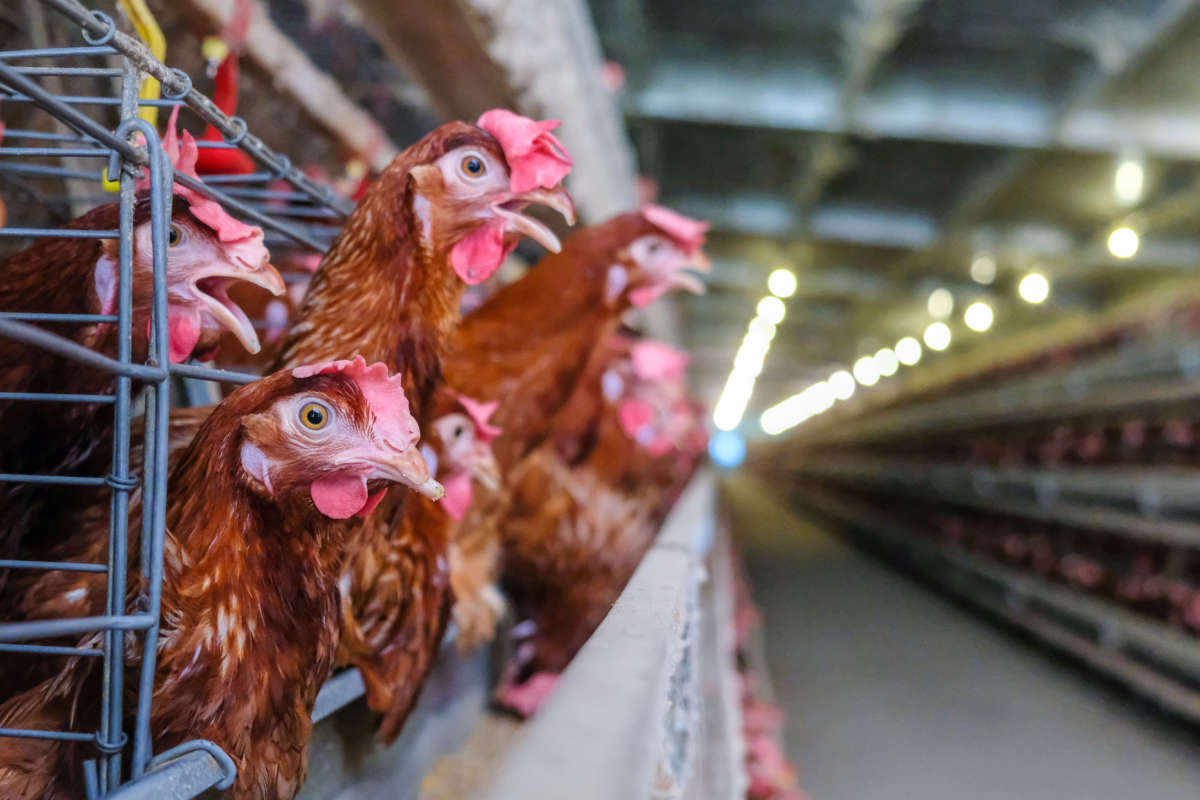The U.S. has a long history of claiming (and often failing) to protect those who report injustice, corruption and unethical behavior in government and industry. The first law to protect whistleblowers was approved in 1778 — shortly after the Declaration of Independence was signed. In the intervening centuries, additional state and federal laws have been enacted to shield whistleblowers from retaliation.
While some whistleblower protection laws are stronger than others, and enforcement has been inconsistent, their existence signals that we as a society value transparency and recognize the important role of those who witness abuse or corruption in coming forward to report that behavior. These laws also acknowledge that reporting illegal or unethical behavior witnessed on the job is inherently risky. Fear of losing their job or future employment opportunities is a major deterrent to would-be whistleblowers.
In the animal agriculture industry, whistleblowers and undercover investigators face additional risks beyond retaliatory personnel actions. Because of so-called “ag-gag” laws — designed to gag would-be whistleblowers in animal agriculture settings — those who witness and expose animal abuse also face criminal prosecution in several states.
Ag-gag laws perform the opposite function of whistleblower protection laws. Rather than shield people who report animal abuse from retaliation, these laws punish those who record footage of animal cruelty and other violations in factory farms and slaughterhouses — evidence that is crucial to demonstrate a systemic pattern of abuse and build a criminal case.
In contrast to the lengthy history of whistleblower protection laws, ag-gag laws are a more recent invention. They emerged in the 1990s as a response to negative publicity resulting from undercover investigations, which started to reveal the disturbing truth about the ways animals raised for food are abused as a matter of “doing business.” Rather than reform these practices, the industry began to aggressively pursue anti-transparency measures to shield itself from increasing public scrutiny.
Internally, there are many factors dissuading whistleblowers from coming forward. The pressure for employees of factory farms and slaughterhouses — low-wage workers who are often undocumented immigrants — to “go along” with existing workplace norms can be intense. And despite laws designed to protect them, consequences for whistleblowers can be severe. Many have lost not only their current job but also future employment prospects, and workers whose immigration status is precarious may face deportation, making it unlikely they would ever speak out against their employer.
That’s why the role of undercover investigators is crucial. Time and again, they have brought heartrending animal abuse on factory farms and in slaughterhouses to light. Undercover investigations have revealed animals beaten, kicked, maimed and thrown. These investigations have also exposed cruel standard industry practices like the confinement of pregnant and nursing pigs in crates too small for them to turn around, the removal of horns and tails from animals without anesthesia, and cows too sick or injured to walk to their own slaughter being dragged along the ground.
Besides systemic animal cruelty, whistleblowers in factory farms and slaughterhouses have exposed evidence of violations of environmental laws, worker rights and food safety.
Americans have a right to know what goes on inside factory farms and slaughterhouses. Currently, six states have some form of ag-gag law. Even in states without ag-gag laws, where trespass laws already apply, it is next to impossible to enter these facilities to observe how animals raised and killed for food are routinely treated. Factory farms not only actively try to hide their practices, but also misrepresent them in ads and marketing campaigns. Therefore, undercover investigators and whistleblowers are often the only way the public can get an inkling of what is going on behind closed (and very tightly locked) doors.
This is why my group, the Animal Legal Defense Fund, and a coalition of public interest groups are fighting ag-gag laws in court. So far, we have been successful in overturning ag-gag laws in Idaho, Utah and Iowa, which courts have ruled as unconstitutional for violating the First Amendment right to free speech. We also have active lawsuits in North Carolina, Arkansas, Kansas and Iowa. Iowa appears on both of these lists because, although we were successful in striking down this law, the state came back with a revised version that we believe to also be unconstitutional. We are confident this one will be overturned as well. Just this fall, the U.S. District Court for the Southern District of Iowa denied the state’s attempt to have the lawsuit dismissed and issued a preliminary injunction to stop enforcement of the revised ag-gag law while our lawsuit proceeds.
Whistleblower protection laws, despite their limitations, signal that we as a society value transparency and want those who witness abuse or corruption to come forward and report that behavior. Whistleblowing is integral to a healthy democracy and serves a valuable role across all sectors and industries, especially one responsible for the lives (and deaths) of countless living, feeling beings who have no direct voice in our legal and political system.
Speaking against the authoritarian crackdown
In the midst of a nationwide attack on civil liberties, Truthout urgently needs your help.
Journalism is a critical tool in the fight against Trump and his extremist agenda. The right wing knows this — that’s why they’ve taken over many legacy media publications.
But we won’t let truth be replaced by propaganda. As the Trump administration works to silence dissent, please support nonprofit independent journalism. Truthout is almost entirely funded by individual giving, so a one-time or monthly donation goes a long way. Click below to sustain our work.
